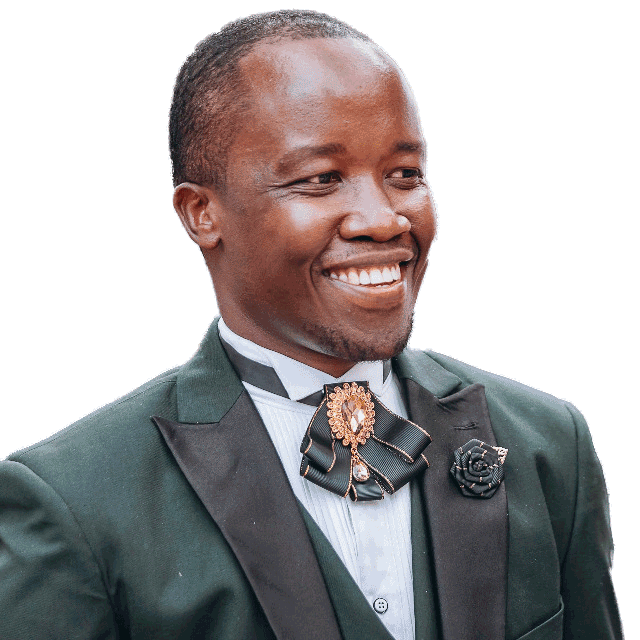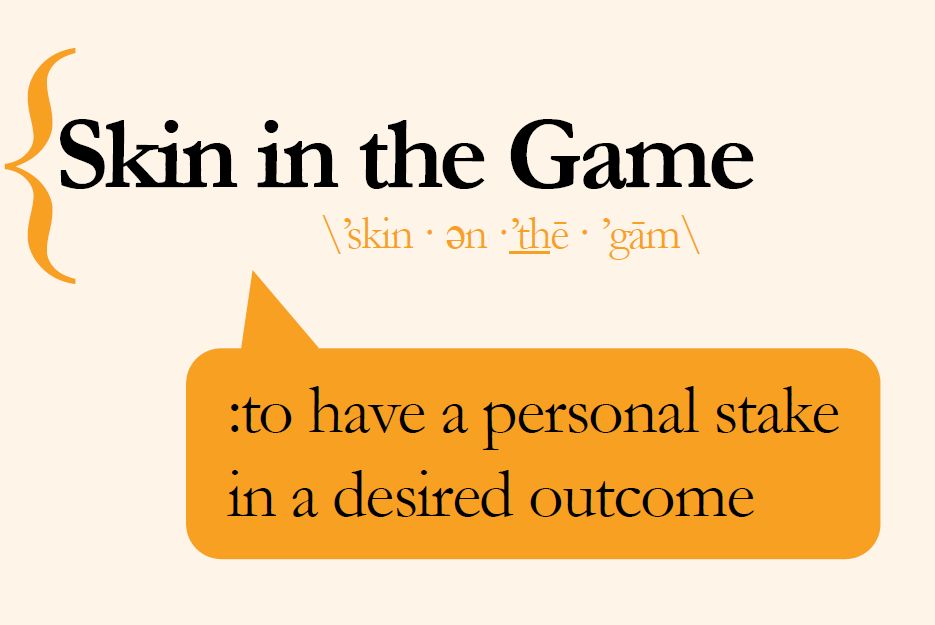For a very long time, I thought I knew what love is. I thought I had mastered the art of romantic relationships. I read (tones of love/relationship books), I wrote, I advised, I philosophized and taught. From say when I was in form 1(2005). I remained chaste and vowed never to enter into a love relationship until I was literally ready for marriage. Of course, along the way, I couldn’t overcome the temptation to cheer other on, to advise and correct them on relationship matters. I thought I had mastered it all and that when I was ready, my first relationship would lead to marriage. No trial and error. Retrospectively, I was behaving like your typical football fan, who, having never played any competitive sport, sits comfortably at the cheering stands and shamelessly criticizes any move a Lionel Messi or Cristiano Ronaldo makes. They imaginatively replay everything and have the audacity to think they would have done better if only they had these chances. Until they have, and cannot even do a single, simple maneuver of the ball. I was so serious that I would even make notes of the books I read on love. In 2009, I even copiously copied the entire “We have Only Just began” by Nancy L. Van Pelt. In campus, I had friends who would occasionally mock me and once in a while pester me to at least try out what I was learning. But I held on. Finished campus, graduated, got a job and then let myself free. I wouldn’t go into details but I hereby confess that my first two attempts at serious relationships were a complete disaster. I can say all was on me. The reading, the notes, the seminars weren’t of any fundamental help.
My first post university internship at the former Howard Humphreys Ltd (now Atkins) was also an eye opener. I had to be taught the basics of engineering design. How to use simple design software such as AutoCAD. How to design different lighting schemes, to calculate illumination requirements, specify lights, size cables and so on. These were basics one would think were mandatory lectures at the university, at least taught by practioners and tutors who at least had the real life experience on such aspects. We had a unit on Electroacoustics and no one had ever mentioned or related its practicality to real life applications. Until I met “Audio Visual and Public Address Systems design” at the work place. It was also the first time I had heard about bills of quantities. In all the 81 units done over the course of 5 years, there was never a mention of the same. Yet, these are skills and issues, if well taught, one can easily self-employ themselves.
Again, when I wanted to create a site to sell primary and high school resources, I had to start from scratch. Over the course of the 5 years at the university, we had been taught two programming units on C and C++. The tutor was so disinterested, that, throughout the entire course, we never created any program but we crammed our way into getting B’s and A’s in the exams. This was in second year of studies and I cannot imagine how our lives would have turned out if someone had lit the spark of love for computer programming then.
The first vignette tries to show how, when removed from experience, knowledge is useless or even disastrous.
The second and the third vignettes are not a means to exonerate myself and blame others for my failures and those of my former classmates and colleagues. It is a way to illustrate the far reaching effects of tutelage under non-practioners. And as Nicholas Taleb says, “You cannot separate knowledge from contact with the ground. Actually, you cannot separate anything from contact with the ground. And the contact with the real world is done via skin in the game—having an exposure to the real world, and paying a price for its consequences, good or bad.”
Do tutors and lecturers have any skin in the game? Do they suffer any consequence for their actions? When universities churn out unskilled graduates, who pays for the consequences? Who holds them accountable? Who should be responsible for the calamity were are in? Why are we not listening to what the industry is saying?
Since we cannot continue blaming policymakers who are surely out of touch with the ground, what can we do? What can you do as a teacher, parent, and professional?
We are planning of starting an anonymous rating service for tutors/lectures by students in Kenya. This will help in many ways. Who is for this? Who is with us? Any other solution? Kindly share.

